Indonesia is a mosaic of thousands of islands, and each island has its own culinary traditions, thus creating a huge mosaic of culinary diversity, possibly unmatched anywhere. And in Indonesia, food is not just the physical consumption of those unique flavours, but a window into the soul of its people. Food offers an immersive experience that reflects the richness of the local culture, history and traditions. In this country, dining is listed as one of the highest areas of tourists’ expenditure after accommodation and transportation, so its role in the economy is vital.
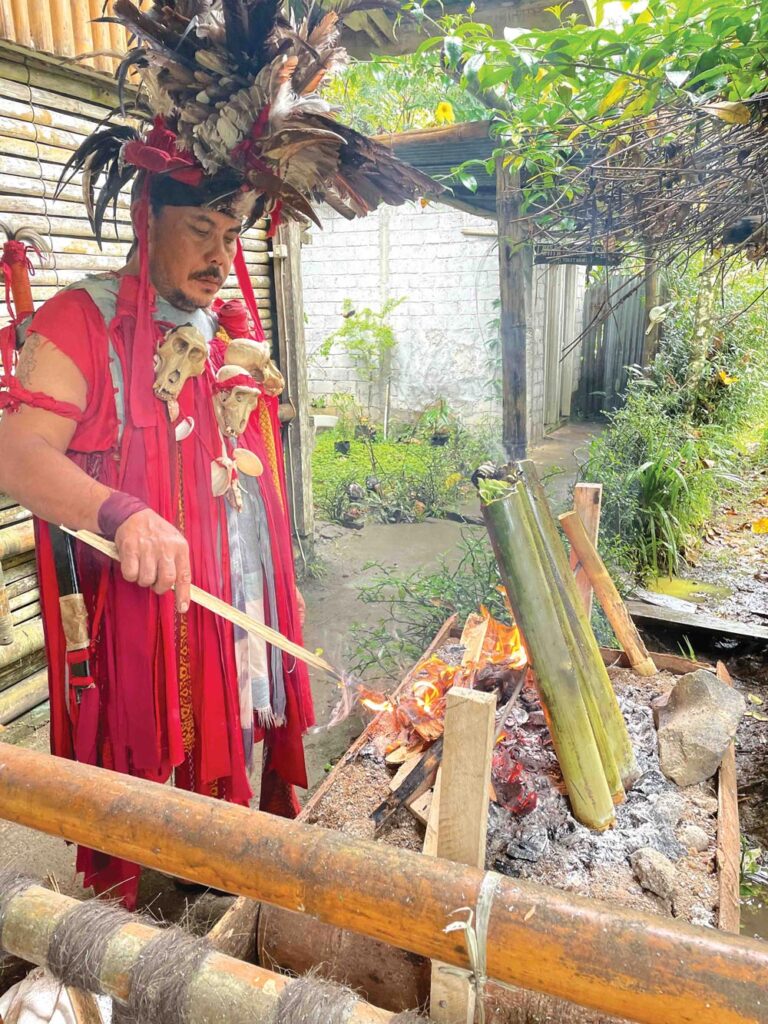
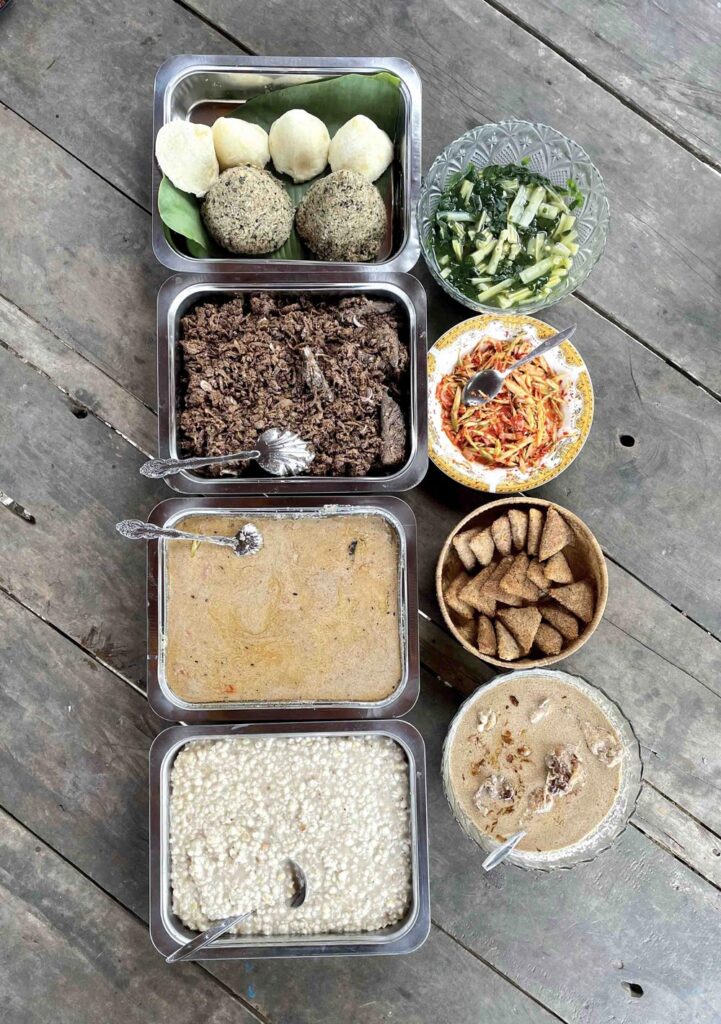
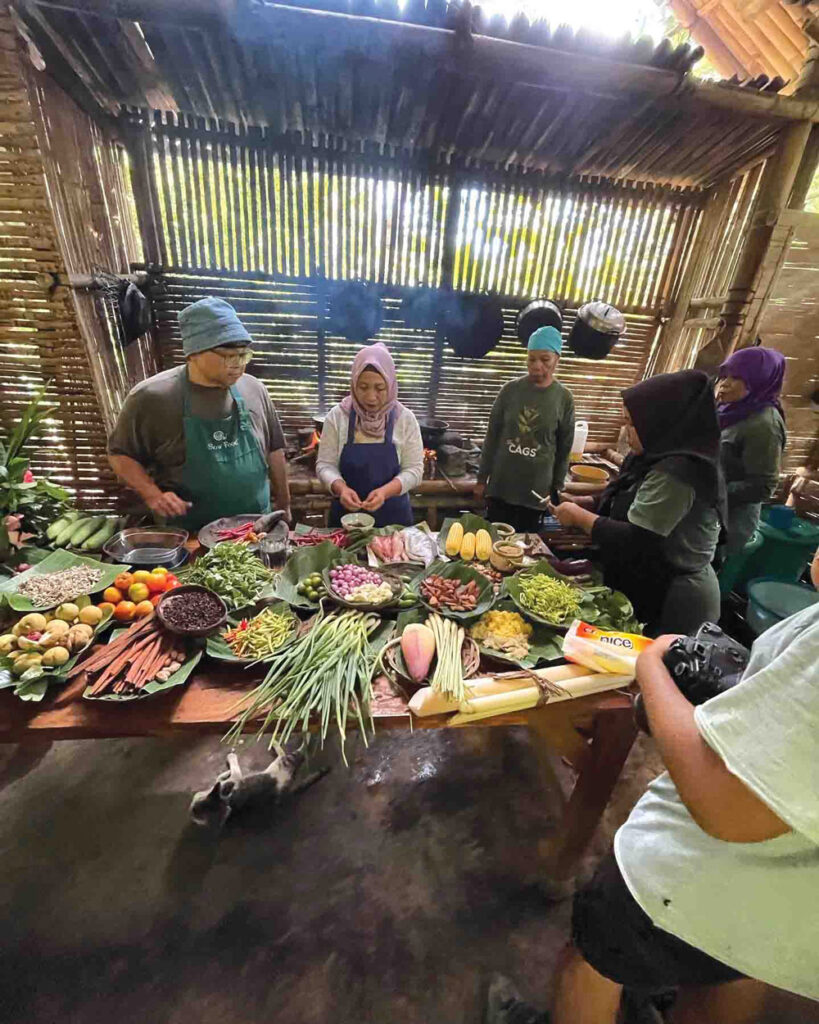
However, maintaining this diversity of Indonesian cuisine, especially traditional food, is no piece of cake. The country is facing critical issues in first keeping as much traditional food alive as possible and then getting to the point of promoting them on the international stages. So, the government, educational institutions, related organisations, and even ordinary citizens have to take a role to preserve this legacy.
Sekolah Seniman Pangan and Nusa Indonesian Gastronomy Foundation are two of the bodies who are studying what the challenges are for Indonesia’s culinary world, and how they can help to provide solutions for them. What they are trying to do is to prevent the worst-case scenario of losing some Indonesian traditional foods. For them, making it sustainable means preserving Indonesia’s identity.
Sekolah Seniman Pangan
Sekolah Seniman Pangan was born out of the concern that Indonesia loses 500,000 farmers every year due to the difficulty of having a decent and dignified life for farmers in the agricultural sector. The younger generation in rural areas now choose to work in the cities or become migrant workers (especially female migrant workers or TKW); but the continued existence of farmers, foragers, fishermen and food craftsmen is the key to preserving the food cultural heritage.
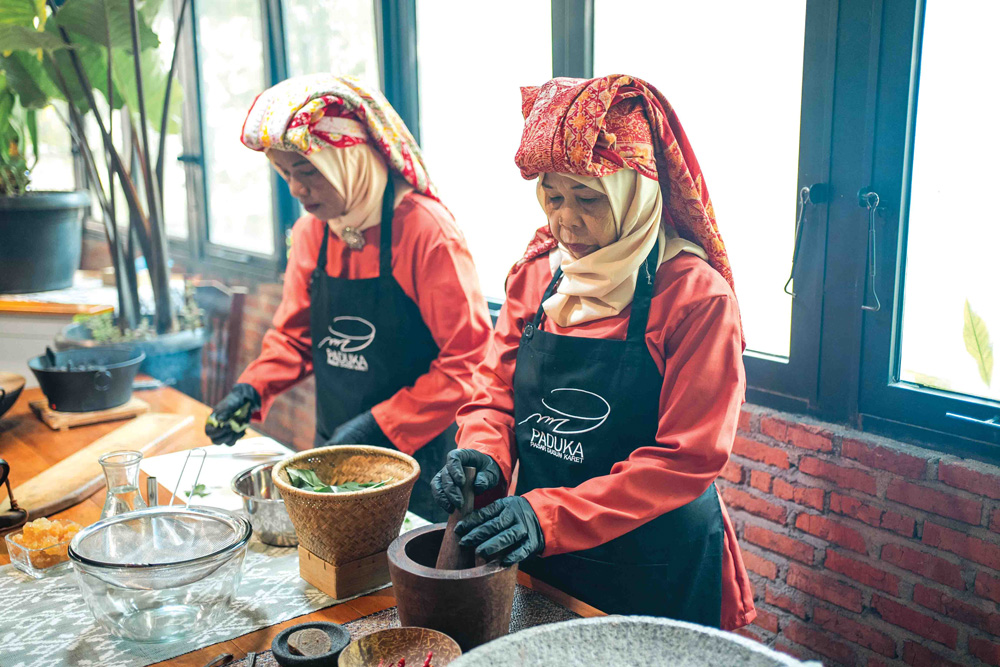
Helianti Hilman, the Founder of Javara Indonesia (PT Kampung Kearifan Indonesia), a company that works across the supply chain to sustain Indonesia’s forgotten food biodiversity heritage by delivering it to both the national and international markets. She established Javara Academy in 2017 which then evolved and spun off into the Sekolah Seniman Pangan (food artist school), an action-based entrepreneurial learning facility and business ecosystem to nurture the growth of food entrepreneurship.
The school aims to build a creative economic ecosystem in the villages with entrepreneurship programs, such as from nature to value-added products (food artisan): processed food products, from nature to the dining table (farm to table): cafes, food stalls, pop-up dining, and from nature & culture to tourist destinations (experience-based tourism). With these programs, participants are trained to develop value-added businesses based on the richness of biodiversity and local food culture.
“So, young people don’t just return or stay in the village because of traditional farming, but have a business that provides a decent and proud livelihood. The main targets of the Sekolah Seniman Pangan program are women, young people, and indigenous people.” clarified Helianti. As one of the few people in Indonesia who has succeeded in raising the status of farmers by placing them on a special stage, she believes that the right knowledge and technology can allow Indonesian farmers to live prosperously.
For Helianti, it’s very important to not lose our identity but always prioritise the use of local food and resources as the main asset, and in running a partnership program, to not get caught up in a project that is then not sustainable. “We always emphasize that all programs must be oriented towards sustainable market penetration,” said Helianti.
After a 7-year journey, the Sekolah Seniman Pangan has produced over 3,000 alumni spreading from Aceh to Papua. The school also had the opportunity to improve and adapt its modules, so there are variations in modules that can accommodate the distinct backgrounds of the training participants. This includes the uniqueness of the landscape in the area of origin, such as the potential mapping module for forest areas, peatlands, mangrove forests, swamp areas, barren areas, highlands, coasts, islands and oceans.
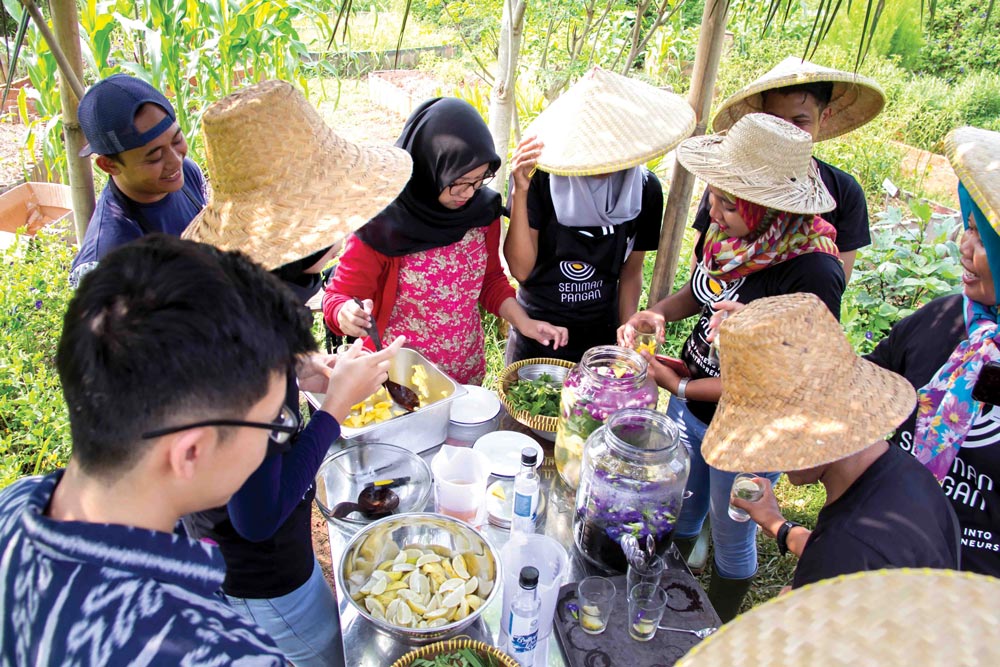
Likewise, adaptations are also related to specific regional characteristics, such as remote areas, rural, urban and metropolitan areas. This adaptation is important so that the modules and training are relevant, contextual and realistic. Module adaptation must also be carried out to fit the demographic differences of training participants, in terms of gender, age, education level, experience, exposure to the outside world, ethnic characteristics/dynamics and interests.
When asked about what the biggest challenge is for Indonesia in developing local food, Helianti firmly answered: “There is no policy that supports and places local food in the mainstream of national food policy. Most Indonesian people have lost their identity and food cultural identity, eroded and replaced by the influence of industry and globalisation, and the knowledge and wisdom of local food culture has been lost or cut off.”
For this reason, the Sekolah Seniman Pangan uses a market-oriented approach and has developed a business support ecosystem to support the efforts of its alumni. Assisting the growth of food artisan entrepreneurs in various regions of Indonesia has encouraged various ministries and institutions, as well as development agencies and donor agencies such as IFAD, Ford Foundation, Packard Foundation, to collaborate with Sekolah Seniman Pangan.
For more information visit: javara.co.id
Nusa Indonesian Gastronomy Foundation
Founder and Executive Director of Nusa Indonesian Gastronomy Foundation Meilati Batubara, together with Chef Ragil Imam Wibowo and their team, traveled across Indonesia in a detailed expedition called Pusaka Rasa Nusantara. It took two years, from 2022 to 2023, financed by the United States of America Embassy in Indonesia through the program of Ambassadors Fund for Cultural Preservation (AFCP) to save the nation’s traditional culinary recipes.
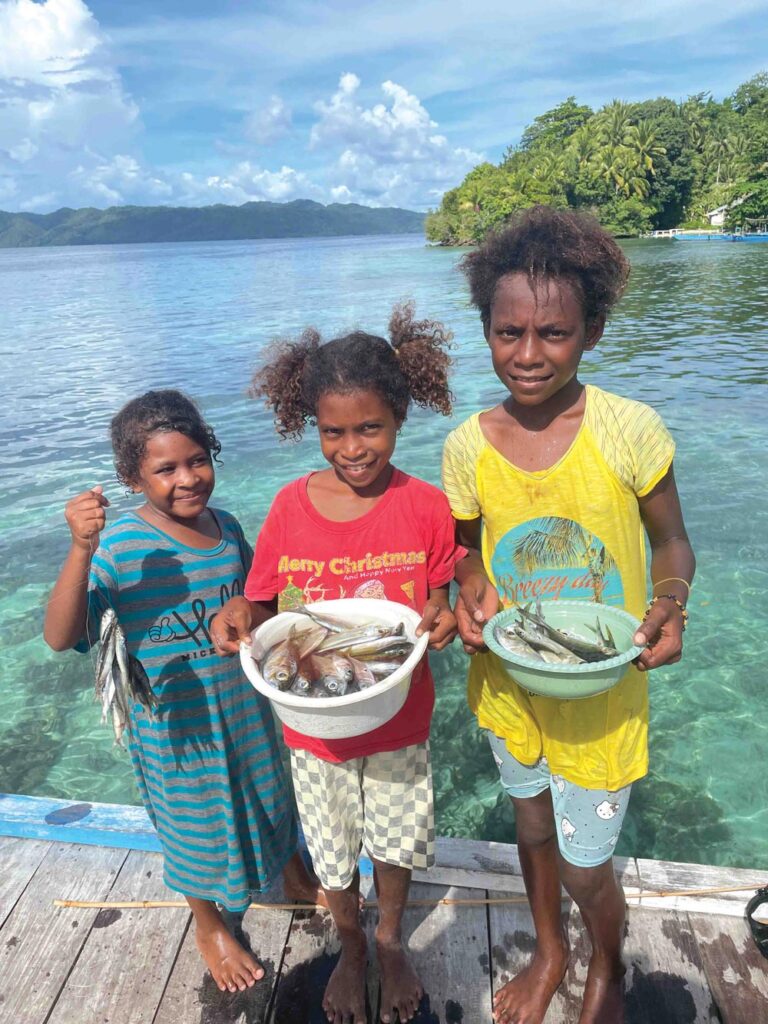
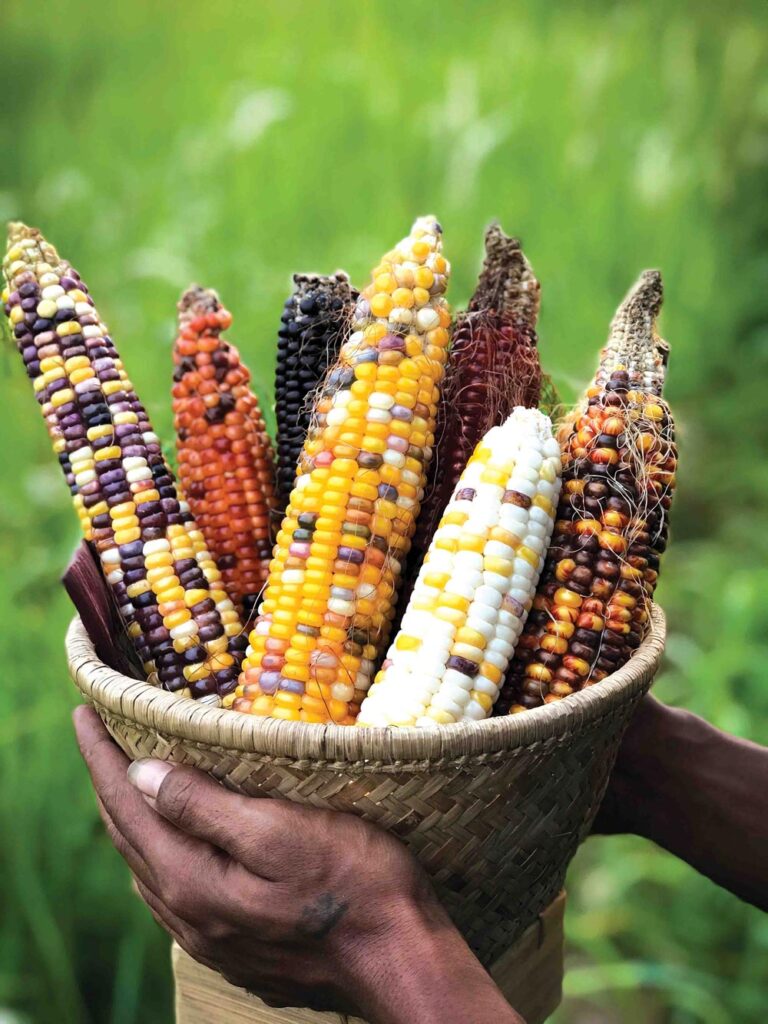
The story began when the pandemic Covid-19 forced Meilati and Chef Ragil to close their restaurant Nusa Indonesian Gastronomy, which showcased native dishes from Sabang to Merauke.
“Our restaurant was basically research-based, so when the restaurant had to close, we racked our brains on how to keep the research going. So we founded the Nusa Indonesian Gastronomy Foundation so that we could separate between our projects on research and the restaurant. And, we got information about an international grant program from the United States Department of State that supports the preservation of archaeological sites, historical buildings and monuments, museum collections, and various forms of cultural expression such as language and works. Then we submitted a proposal and were selected. We formed a team called Pusaka Rasa Nusantara. And, it is the first project in AFCP’s more than 20-year history, to focus on preserving culinary heritage and food traditions.” explained Meilati.
The Nusa Gastronomy Foundation’s mission is noble: to save the original recipes of our Indonesian ancestors that are near-extinct, because most mothers don’t record them while their children don’t want to know about them. The team conducted in-depth research and traveled to various regions to record traditional recipes, interview cultural figures, and discuss with the government and local media. According to Meilati, it’s difficult to maintain intangible cultural heritage so that it remains sustainable and lasts for generations to come.
“From our expedition, it was proved that many traditional Indonesian recipes and foods cannot be found on Google. In addition to the lack of available resource materials, the loss of the recipes that are not passed down to the next generation, is the reason why some foods can just disappear. As happened in one area, when we asked local mothers to cook traditional food, they were very happy because they rarely cooked these foods because they do not get appreciation from their children. Their children are more interested in eating what is trendy or contemporary food. And it is happening right across the archipelago. Without them being clearly recorded, one day the recipes will be lost in time because there will be no one who remembers them.” Meilati revealed.
The results of research, field exploration and documentation from the project have brought together a wealth of culinary history that has close ties to cultural values and contributions to environmental sustainability. These are collected through the book series of the Pusaka Rasa Nusantara which is divided into four parts, namely Indonesian History and Culture, Food Diversity, Indonesian Cooking Techniques, and Traditional Indonesian Food Recipes which was launched on 31 July 2024.
In these books, you will not only find various spices or food sources, but also unique cooking methods, such as how Papuans cook the chayote using heat transfer. Using a four-meter long rattan, with one end stuck into the chayote and the other end burned, this cooking technique is very visual and has great potential to attract tourists.
Meilati affirms that to save Indonesia’s traditional food, we as Indonesians must be proud of what we have. “Exploration of traditional food is not trapped in the romanticism of the past but if you look more closely at what is happening in this world, the current trends are actually really related to the past but we actually haven’t understood the connections yet.”
She explains, “Our brothers and sisters, our parents in the regions of Indonesia have actually been vegan, doing farm to table, eating organic and free-range food sources, and so on, for centuries. The problem is that it does not happen in the city, so never was adopted to modern life. But it has always been there. Our other responsibility is how we can market our culinary wealth with good packaging and good narrative as well as provide a stage for that heritage.” The time to harvest that traditional knowledge is right now.
For more information visit: @nusagastronomy, @nusa.foundation, and @pusakarasaa







